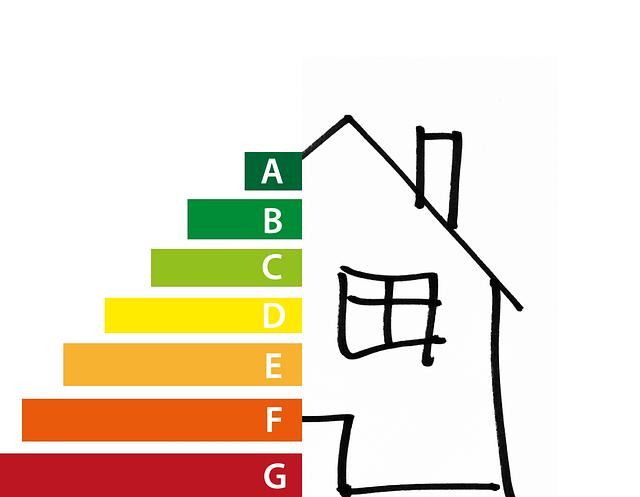- Introduction
- Green Living
- Sustainable Practices
- Eco-Friendly Products
- Energy Efficiency
- Conclusion
- FAQs
Introduction
Living a green lifestyle involves making environmentally conscious choices to reduce your carbon footprint and minimize harm to the planet. This article will explore essential aspects of green living, including sustainable practices, eco-friendly products, and energy efficiency.
Green Living

(Image: Pixabay/@PrompterMalaya)
Green living is about adopting a lifestyle that prioritizes environmental sustainability and conservation. This includes practices such as recycling, composting, reducing waste, conserving water and energy, and supporting renewable energy sources.
By implementing green living principles into your daily routine, you can help protect the environment, reduce pollution, and promote a healthier planet for future generations.
Some simple ways to embrace green living include using reusable shopping bags, buying locally sourced produce, biking or walking instead of driving short distances, and opting for natural cleaning products.
Sustainable Practices

(Image: Pixabay/@RosZie)
Sustainable practices are methods and activities that aim to meet the needs of the present without compromising the ability of future generations to meet their own needs. This involves utilizing resources efficiently, minimizing waste, and preserving ecosystems.
Examples of sustainable practices include implementing water-saving techniques, choosing organic and ethically sourced products, supporting fair-trade practices, and reducing energy consumption through insulation and energy-efficient appliances.
By integrating sustainable practices into your lifestyle, you can contribute to the preservation of natural resources, safeguard biodiversity, and promote a more sustainable future for all.
Eco-Friendly Products

(Image: Pixabay/@Elf-Moondance)
Eco-friendly products are those that have a reduced impact on the environment throughout their lifecycle. These products are often made from sustainable materials, produced using eco-conscious processes, and designed for minimal environmental harm.
Examples of eco-friendly products include reusable water bottles, biodegradable cutlery, organic cotton clothing, bamboo utensils, and non-toxic cleaning supplies. By choosing eco-friendly products, you can support responsible manufacturing practices and reduce your ecological footprint.
When shopping for eco-friendly products, look for certifications like Energy Star, Fair Trade, USDA Organic, and Forest Stewardship Council (FSC) to ensure you are making environmentally conscious choices.
Energy Efficiency

(Image: Pixabay/@MVOPro)
Energy efficiency is a key component of green living as it aims to reduce energy consumption and greenhouse gas emissions. By improving energy efficiency in your home or workplace, you can lower your utility bills, decrease reliance on fossil fuels, and mitigate climate change.
Simple ways to enhance energy efficiency include using LED light bulbs, unplugging electronics when not in use, sealing gaps and insulating windows to prevent heat loss, and investing in energy-efficient appliances.
Through energy-efficient practices, you can make a positive impact on the environment, conserve natural resources, and promote a more sustainable energy future.
Conclusion
Adopting green living essentials is crucial for creating a more sustainable and eco-friendly world. By incorporating sustainable practices, using eco-friendly products, and prioritizing energy efficiency, individuals can make a significant difference in reducing their environmental impact and preserving the planet for future generations.
FAQs
How can I start living a greener lifestyle?
You can start living a greener lifestyle by recycling, reducing waste, conserving energy and water, supporting sustainable products, and choosing environmentally friendly alternatives in your daily life.
Why is green living important?
Green living is important because it helps reduce pollution, conserve natural resources, protect ecosystems, and combat climate change. By adopting green practices, individuals can contribute to a healthier planet and a more sustainable future.

